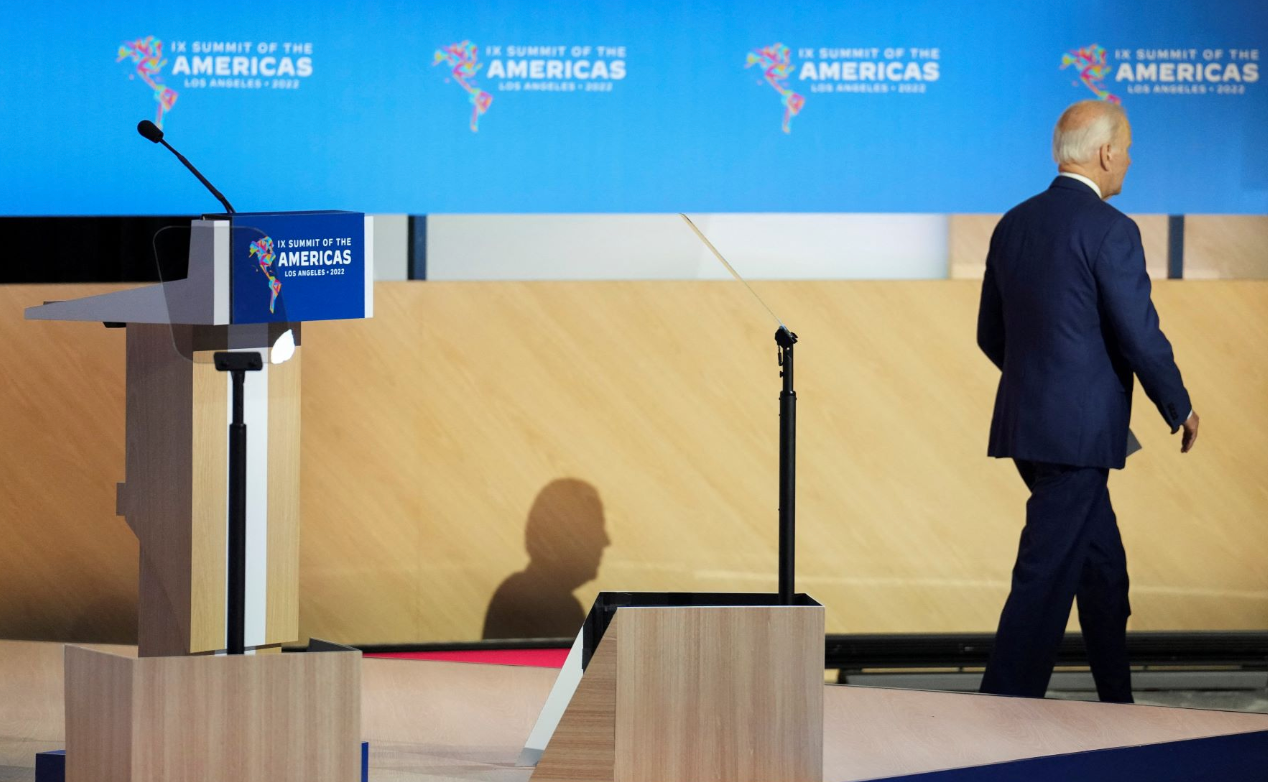In contrast with most other high-level diplomatic encounters, the Summit of the Americas has been a controversial idea from the start. After all, given the profound economic and geographic disparities between Western Hemisphere nations, it has always been a challenge to identify common interests or build consensus. A hemisphere-wide free trade agreement, the main idea that led to the first summit in Miami in 1994, proved impossible to negotiate. Today, it would be even less likely, with protectionism on the rise.
Since the 1990s, Latin American economies have been going through a process of deindustrialization. Intra-regional trade is becoming less important, while exports to China are increasing, causing advocates for regional integration to lose political clout. The United States’ increasingly limited economic influence in the region led the Inter-American Dialogue’s Michael Shifter to coin the term “post-American Latin America,” and Washington will have to learn to work with a region that is less dependent on it now than at any point in recent decades. In addition, the Biden…









